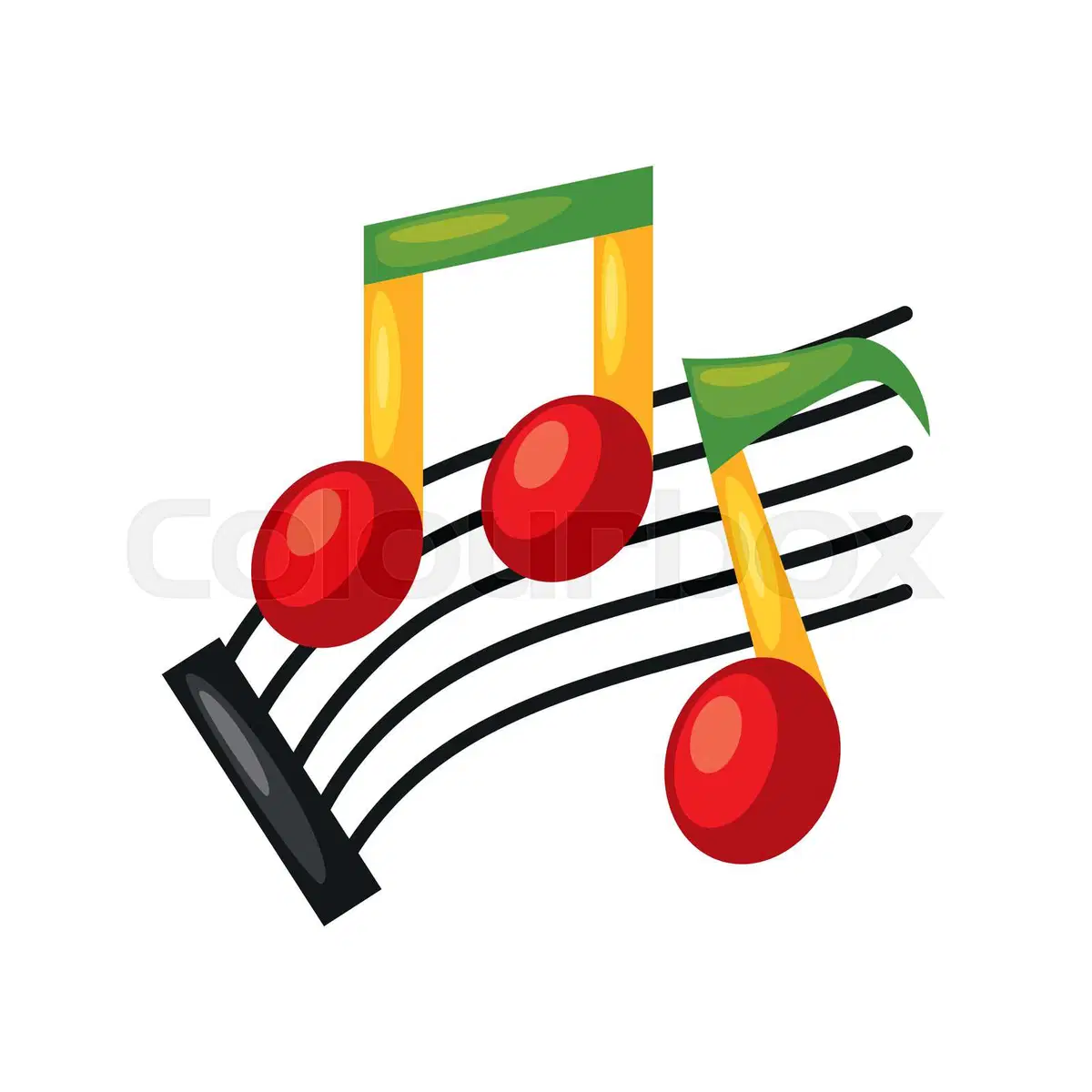Reggae has long been a genre that celebrates itself. From classic anthems like “Reggae Night” by Jimmy Cliff to more recent hits like Koffee’s “Toast,” reggae often references its own culture, history, and impact. But could there be a deeper connection between the rise of reggae’s self-referential hits and the genre’s increasing global popularity?
Reggae’s Self-Celebration: A Genre That Knows Its Worth
Unlike many other music genres, reggae frequently acknowledges itself in its lyrics. Artists pay homage to reggae pioneers, celebrate the rhythm of the music, and encourage listeners to embrace the genre’s spirit. Songs like “Reggae Ambassador” by Third World and “We’re Jammin’” by Bob Marley don’t just entertain—they reinforce reggae’s identity and ethos.
This pattern of self-referencing creates a unique phenomenon: the more people listen to reggae, the more they hear about reggae itself. In a way, the genre markets itself through its own songs, reminding listeners why they love it.
The Impact of Reggae Hits About Reggae
Some of the most successful reggae tracks are those that explicitly reference reggae. Consider these examples:
- “Bam Bam” – Sister Nancy: A song that not only became an anthem but also references sound system culture and reggae’s influence.
- “Reggae Music Again” – Busy Signal: A celebration of reggae’s evolution and its place in the modern world.
- “Reggae Night” – Jimmy Cliff: A call for people to immerse themselves in reggae culture.
These songs don’t just promote the artist—they promote the genre itself. And in the age of streaming, when listeners can instantly explore an artist’s influences or dive into a new genre with a single click, reggae’s self-promotion becomes even more powerful.
The Streaming Era: A Boost for Reggae’s Popularity
With streaming platforms like Spotify and Apple Music, reggae’s self-referential hits have an amplified effect. Someone listening to Koffee’s “Toast,” which references gratitude and celebration in a reggae-infused style, might be led to explore other reggae classics. Playlists dedicated to “reggae anthems” often feature multiple songs about reggae itself, reinforcing the genre’s appeal and encouraging deeper exploration.
This feedback loop—where reggae songs about reggae encourage more reggae listening—helps explain why the genre continues to expand globally, from its Jamaican roots to audiences in Europe, Africa, and beyond.
The Cultural Significance: More Than Just Music
Reggae’s self-referential nature isn’t just a marketing tool; it’s a cultural statement. It reinforces the genre’s role as a voice for social change, unity, and resistance. When artists sing about reggae, they aren’t just promoting music—they’re celebrating a movement.
In a world where musical trends shift rapidly, reggae’s ability to sustain its relevance through self-celebration is remarkable. Perhaps that’s the secret to its longevity: it constantly reminds the world why reggae matters.
Conclusion
The increased consumption of reggae and the success of reggae hits about reggae appear to be more than coincidence—they create a self-perpetuating cycle. As more people listen to reggae, they encounter songs that reinforce the genre’s appeal, leading them to explore even more reggae. This feedback loop, amplified by streaming culture, ensures that reggae remains not just a sound, but a movement that continues to inspire and thrive worldwide.
What do you think? Have you discovered reggae through a song that celebrates reggae itself? Let’s keep the conversation going in the comments!
We Recommend
Check out these Amazon classics:
- Roots Rock Reggae – Inside the Jamaican Music Scene [DVD]
- Tougher Than Tough: The Story Of Jamaican Music
- Reggae Collected / Various – Limited Yellow & Green
- This Is Trojan: Roots [2 CD]
- Legend: The Best Of Bob Marley And The Wailers
One love One heart One people


